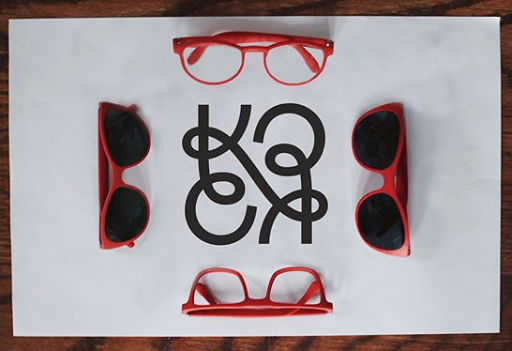![[Image: King Children via Instagram]](https://fabbaloo.com/wp-content/uploads/2020/05/kc1_img_5eb0a39106c01.png)
Another eyewear brand is launching built on the personalization capabilities of 3D technologies.
3D scanning and 3D printing have found excellent reception in eyewear and in footwear, as head-to-toe (head-and-toe?) applications require comfort and are well served by a perfect fit. Glasses in particular can become something of a person’s identity, sitting in front of their face to serve a purpose while also making, intentionally or not, a statement about personal style. The wrong fit, or an unflattering design chosen because certain lenses were needed or because of budget, can cause discomfort or make the wearer less inclined to keep up with their prescription needs.
Seeing a good application fit, an increasing number of companies have been turning to 3D tech to personalize the fit and look of eyewear for a number of years now, as well as to simply create lighter-weight frames.
King Children has launched this week, “taking an inclusive and thoughtful approach to durable eyewear that celebrates everyone’s unique features.” The company is highlighting the ability to “embrace the diversity of every face” through scanning a user’s face and then 3D printing a unique set of specs.
Like some footwear workflows before it, King Children’s offering is focused on an app. Specifically geared toward Apple users (if you’re not an iUser yourself, King Children recommends borrowing a friend’s phone and completing the order online), the company uses Depth Control tech to capture facial data “down to the millimeter.” Future updates should broaden availability to non-Apple-users, but the initial launch is available only for the iPhone X, iPhone XS, iPhone XS Max, and iPhone XR.
Once a 3D face scan has been captured, design is done in the app, allowing for a virtual try-on process that looks rather like a Snapchat filter that will become reality. Putting on different shapes, styles, and colors of frames and lenses will show the user, using the iPhone’s front-facing camera, just what they’ll look like with their specs-to-be.
Frames and lenses each include a variety of options, including size of frame, lens height, lens width, nose bridge, frame wrap, nose pad position, temple length, pantoscopic tilt, sunglasses (with UVA/UVB protection and polarization), or prescription glasses, as well as a 10-character inscription. Beyond these included options are further upgrades to blue light-blocking lenses. After placing an order, the glasses are set to be “3D printed and delivered in as little as two weeks.” Costs hit at about $125 per pair. No details are provided on the specific 3D printing technology put to use.
With competition rising in customized eyewear, it’s notable that King Children brings a strong foundation to start their line. $2 million in funding — from investors including Great Oaks VC, RBC Venture Partners, Gen Z Capital, and Neil Parikh — sets the stage for market viability. The founders, CEO Sahir Zaveri and CTO Dave Lee, are dedicated to bringing augmented reality and 3D printing together to offer “a superior user experience that speaks to all genders, ethnicities and backgrounds.”
“Today’s one-size-fits-all approach overlooks millions of different facial features and structures representative of our world today. At King Children, we embody the values of diversity, inclusivity, creativity and self-expression — a culture that embraces our community and our infinite differences. With King Children, we treat all faces equally. Every pair of frames created is the only one that exists,” says Zaveri.
Via King Children and Business Wire










